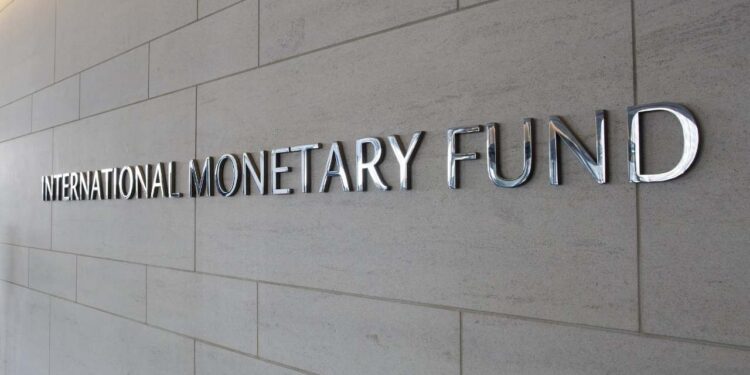The Executive Board of the International Monetary Fund (IMF) has approved a four-year arrangement under the Extended Credit Facility (ECF) for Ethiopia, amounting to SDR 2.556 billion (approximately US$3.4 billion). This arrangement supports Ethiopia’s Homegrown Economic Reform (HGER) Agenda, aiming to address macroeconomic imbalances and establish the foundations for private-sector led growth. The decision enables an immediate disbursement of SDR 766.75 million (around US$1 billion) to help Ethiopia meet its balance of payments needs and support its budget.
Ethiopia’s economic program, backed by the ECF arrangement, includes a comprehensive policy package designed to stimulate private sector activity and enhance economic openness for higher, more inclusive growth. Key elements of the reform program focus on strengthening social safety nets to mitigate the impact on vulnerable households. Key policies include:
- Transitioning to a market-determined exchange rate to address external imbalances and alleviate foreign exchange shortages.
- Combating inflation by modernizing the monetary policy framework, eliminating monetary financing of the budget, and reducing financial repression.
- Creating fiscal space for priority public spending through domestic revenue mobilization.
- Restoring debt sustainability, including timely debt restructuring agreements with external creditors.
- Strengthening the financial position of state-owned enterprises to address critical macro-financial vulnerabilities.
IMF Managing Director Kristalina Georgieva stated,
“This is a landmark moment for Ethiopia. The approval of the ECF is a testament to Ethiopia’s strong commitment to transformative reforms. The IMF looks forward to supporting these efforts to help make the economy more vibrant, stable, and inclusive for all Ethiopians.”
The program is anticipated to catalyze additional external financing from development partners and provide a framework for the successful completion of ongoing debt restructuring efforts.
Following the Executive Board discussion, Deputy Managing Director and Acting Chair, Ms. Antoinette Sayeh, remarked,
“Ethiopia has been facing significant economic pressures amid a series of large shocks, high inflation, low international reserves, and unsustainable debt. In response, the authorities have launched a comprehensive reform program, to be supported by the ECF arrangement. It is focused on addressing macroeconomic imbalances, restoring external debt sustainability, and implementing wide-ranging reforms to promote a robust, inclusive, and sustainable economy.”
Key reforms include moving to a market-determined exchange rate, removing current account restrictions, and modernizing the monetary policy framework to control inflation. Supportive macroeconomic policies, including the elimination of monetary financing of government deficits, monetary policy tightening, and prudent fiscal management, will be crucial to sustain these reforms.
The authorities’ policies aim to protect vulnerable populations and mitigate the socio-economic impacts of the reforms. This includes significantly increasing the budget allocation to the targeted cash transfer program (PSNP) and gradually unwinding temporary subsidies on fuel and fertilizers.
Reforms to ensure the sustainability of public finances, such as raising fiscal revenues and securing comprehensive external debt treatment, are critical. Strengthening public investment management, enhancing transparency, and managing fiscal risks related to extrabudgetary units and large state-owned enterprises are also vital.
The recent recapitalization of the Commercial Bank of Ethiopia addresses a key macro-financial vulnerability. Reforms to improve financial sector governance and reduce financial repression will be essential. Strengthening the National Bank of Ethiopia’s mandate and governance will help build its credibility and capacity to fulfill its mandates.
Ethiopia’s ambitious home-grown structural reform agenda will focus on better governance, public service delivery, competitiveness, and improving the business climate to stimulate private sector-led growth, contributing to poverty reduction and higher living standards.





















